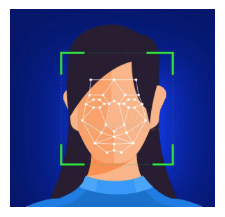Use of facial recognition in schools. DPIA's are essential.
Facial Recognition – DPIA’s are essential
North Ayrshire council was criticised for attempting to introduce facial recognition technology so that pupils can pay for school meals in an attempt to speed up service and to reduce the risk of spreading Covid-19 via pin pads or fingerprint recognition.
- Firstly, whilst the Council claims it was an appropriate system to use, each school should conduct their own Data Protection Impact Assessment to prove that they are satisfied with the features of the product.
- Also it is important to understand that the UK GDPR is in place to protect the individual not an organisation, and the individual’s protection should be paramount. Not knowing things such as exactly where personal data is stored or with whom it is being shared are unacceptable.
Sharing Personal Data with the Police
One of the most common questions we get asked concerns sharing data with law enforcement offices. The UK GDPR does not prevent you sharing personal data with such bodies such as the police (known under data protection law as “competent authorities”) who are...
Core Principles of Data Protection
And the rights of individuals Core Principles of Data Protection Data must be processed lawfully, fairly and in a transparent manner Data must be collected for specified, explicit and legitimate purposesThe data collected must be adequate, relevant and limited to...
New Data Retention Guidance
This is a subtitle for your new post The UK government recently issued updated guidance on record keeping for academies and trusts to assist them with their record keeping obligations. Click here to be taken to the Government site....




